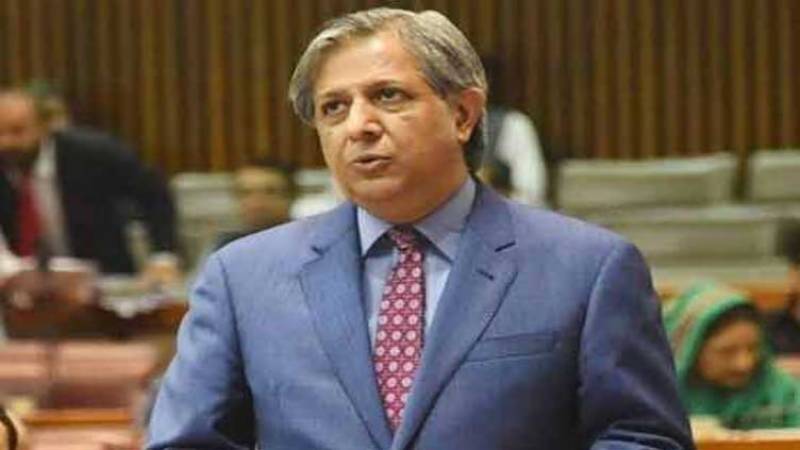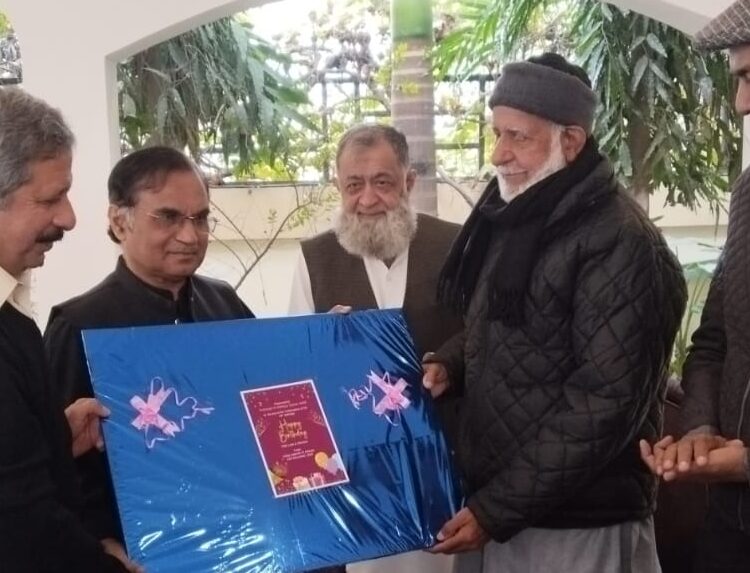After the Supreme Court has invoked its suo motu jurisdiction regarding elections in two provincial assemblies and directed the Election Commission of Pakistan (ECP) to hold the election in the country in the two provinces within 90 days, the government tabled a bill in the National Assembly to undertake major judicial reforms.
According to details, the federal government on Tuesday tabled a legislative bill in the National Assembly seeking to curtail discretionary powers of the Chief Justice of Pakistan, leaving the decision of taking up any suo motu case to the three senior-most judges of the top court including Chief Justice.
Federal Law Minister Azam Nazeer Tarar presented ‘The Supreme Court (Practice and Procedure) Act, 2023’, which was approved by the federal cabinet earlier in the evening. NA Speaker Raja Pervez Ashraf subsequently referred the tabled bill to the NA’s Standing Committee on Law and Justice for its approval.
Sources said a meeting of the standing committee has been summoned for Wednesday (tomorrow) at 10pm to take up the matter. The committee is expected to swiftly approve the judicial reforms bill, after which the it will be sent back to Parliament.
Seeking to curtail the discretionary powers of the Chief Justice of Pakistan, the judicial reforms bill states that “every cause, appeal or matter before the Supreme Court shall be heard and disposed of by a bench constituted by the Committee comprising the Chief Justice of Pakistan and two senior most judges, in order of seniority,” The decisions of such a committee shall be by majority, it adds.
Regarding suo moto powers, the bill seeks to ensure that any matter invoking exercise of original jurisdiction under Article 184 (3) of the Constitution shall be first placed before the committee of three senior-most judges.
“..If the Committee is of the view that a question of public importance with reference to enforcement of any of the fundamental rights conferred by Chapter I of Part II of the Constitution is involved, it shall constitute a bench comprising not less than three judges of the Supreme Court of Pakistan which may also include the members of the Committee, for adjudication of the matter,” it added.
The legislation also allows appeals within 30 days of a verdict being issued on a suo motu case and enforces that a bench be constituted to hear such an appeal within 14 days. “An appeal shall lie within thirty days from a final order of a bench of the Supreme Court who exercised jurisdiction under clause (3) of Article 184 of the Constitution to a larger bench of the Supreme Court and such appeal shall, for hearing, be fixed within a period not exceeding fourteen days,” read the draft.
The development comes amid a growing debate in the country over the discretionary powers of the Chief Justice of Pakistan to constitute benches, ‘fix’ cases, and initiate public interest proceedings under Article 184 (3) of the Constitution.
Earlier in the day, Prime Minister Shahbaz Sharif urged the National Assembly to legislate on reducing the powers of the Chief Justice of Pakistan, stating that the voices from within the judiciary were a ‘new ray of hope’. The premier said that history would not forgive the National Assembly if it did not pass the legislation.
Addressing the NA session, the prime minister read out a dissenting order issued by Supreme Court judges Justice Jamal Khan Mandokhail and Justice Mansoor Ali Shah on a suo motu case over the delay of elections to the Punjab and Khyber-Pakhtunkhwa assemblies.
On Monday, the two dissenting judges of the apex court had issued a 27-page order, stating that the suo motu case regarding the Punjab and K-P elections date announcement had been dismissed by a majority of four judges out of seven.
The 27-page ‘order of the court’ by the two dissenting judges was in stark contrast to the Supreme Court’s earlier order which had ruled in a 3-2 verdict that polls in K-P and Punjab be held within 90 days. In the order, the judges also called for “revisiting the power of the one-man show enjoyed by the office of the Chief Justice of Pakistan” in order to “strengthen” the institution and “ensure public trust and confidence” in the apex court.
It is pertinent to mention that late veteran lawyer and human rights activist Asma Jehangir during her life always took stand before justices of the top court during adjudications that there is dire need for amendment of the Supreme Court Rules to abolish the provision under which it was mandatory to hire services of the same counsel in review petition who appeared in the main case.





